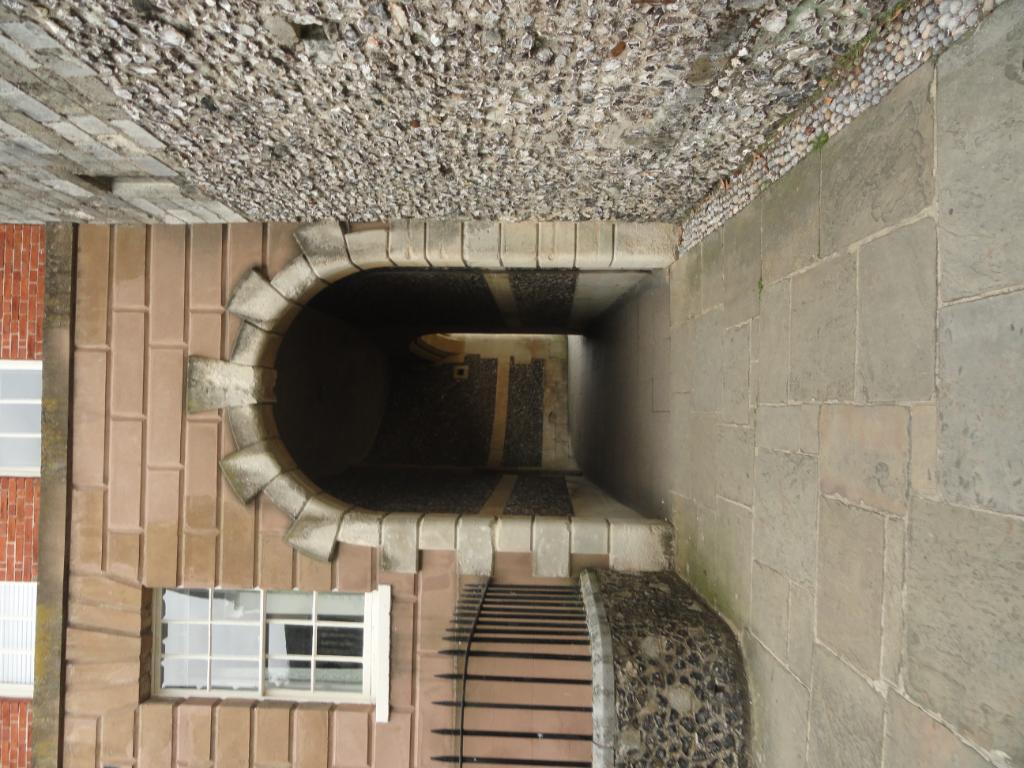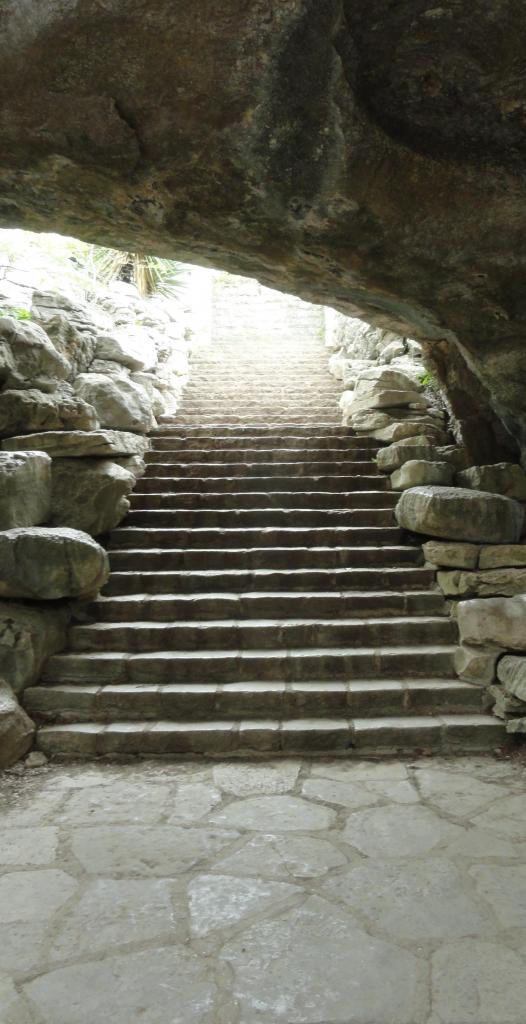Albuquerque Old Town, New Mexico
To some extent you have to believe in it a little in order to see it "working" otherwise it seems incomprehensible that a "normal" child would actually choose to learn something complex or choose to do a rather dull sequential task like figure a Fibonacci sequence or memorize Pi to the nth digit or learn to read and write Tolkien's elvish script.
Oh Pi is quite important in our house - we love Pi Day. Pi Day is the occasion for learning a few more digits of pi each year. DS has more digits memorized than I do now.The first thing, though, was E=mc2. It showed up on Jimmy Neutron one day and became a topic of discussion - DS wanted to know what 'squared' meant, what the letters stood for, why it was 'invented', who 'invented' it, etc. It just so happened (ain't it funny how often that pops up?) that one of our magazines (I don't remember if it was Discover or Smithsonian or what) had a big article about Albert Einstein that same month, so I grabbed that and showed DS that famous picture of the "crazy guy with the wild hair" LOL
But, a key piece of the whole puzzle here (how do people 'get it') is that most people lose that exploratory curiosity about the world around them, they don't want to think about numbers (or whatever it was that was difficult in school) and at the same time they don't want to say "I don't know" to their kids. When the whole household is exploring, trying, learning, curious, swirling all around with different information, then it's not as surprising that anyone (adult or child) would want to learn/explore the Fibonacci sequence, pi, Shakespeare, pig latin, video capture (like for YouTube), sewing, baking, gardening, Monty Python, Civil War history, ...
Deb R
It might have to seem a little artificial, for a while, if it isn't natural to a parent to just "be" this way.
Sometimes an adult who had learned not to learn, or had grown up to be self-conscious about enthusiasm and curiosity, rediscovers the joy of discovery.

Let your child know that all the questions haven't been answered yet and it's not her job to just keep absorbing answers until she's got them all.

We do not "school," but, instead, we concentrate on living a life filled with opportunities and possibilities and experiences. Human children are born learners. Literally. What unschoolers aim for is keeping that love of learning and intense curiosity alive as the children grow up.

Unschooling is the confidence to trust that young people will learn what they need from living their lives in freedom and joy. An unschooling parent is a facilitator and cheerleader who embraces life and learning with curiosity and enthusiasm.


PHOTO CREDITS:
Wolfgang Marquardt took the German passageway photo and the other four are by Sandra Dodd. Both those people were born on the very same day, 7/24/53, one in East Germany, and one in the U.S.A.
Now one lives in Texas and the other in New Mexico.